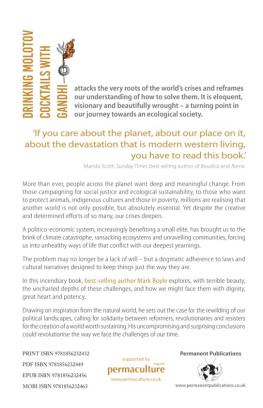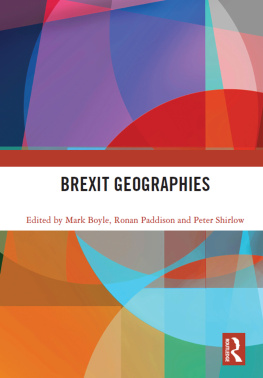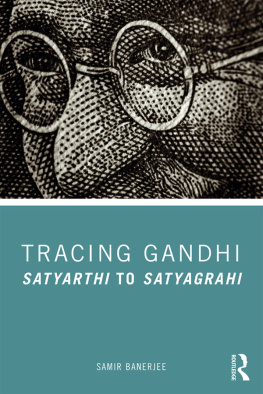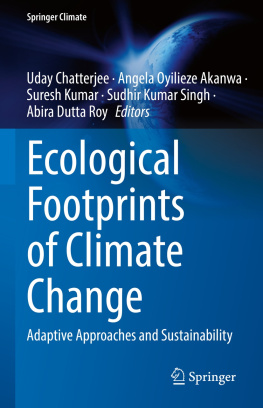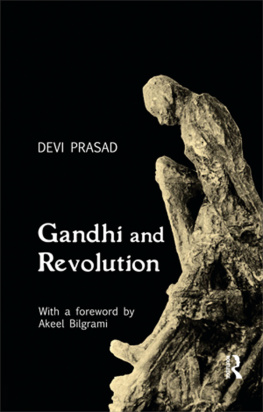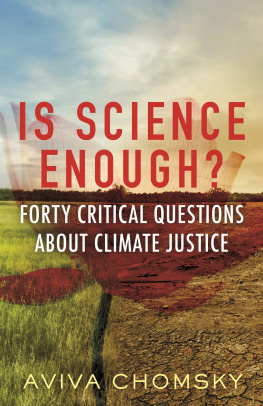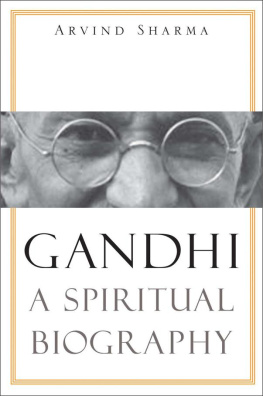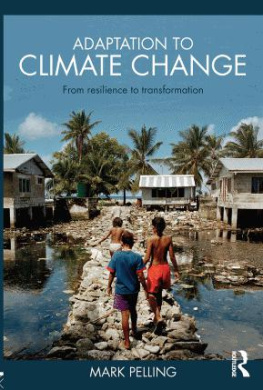There are two books that have shifted my world entirely: Naomi Kleins This Changes Everything and Mark Boyles Drinking Molotov Cocktails with Gandhi and of the two, Boyles is by far the most affecting. If you care about the planet, about our place on it, about the devastation that is modern western living, you have to read this book. Read it, think on it, act on it. Only by each of us doing this, can we hope to be the change we need to see in the world. Its terrifying. But its the truth.
Manda Scott, Sunday Times best-selling author of Boudica and Rome
Mark Boyles book throws down the gauntlet at the feet of the world as we know it. His challenge to the complicity of all of us even those of us who work for change and against injustice in a system that is destroying the planet and most of its species will trouble many. So too will his endorsement of violent methods of resistance alongside the more accepted nonviolent ones. But he asks questions that need answering at every turn and his call for the climate change generation to replace reduce, reuse, recycle with resist, revolt, rewild strikes a nerve.
Chris Brazier, New Internationalist
In a time of quiescence and fossilised orthodoxies, what we need most is honesty about the human predicament. In this thought-provoking book, Mark Boyle challenges us to explore the dark corners wed all rather look away from.
Paul Kingsnorth, author of The Wake and co-founder of the Dark Mountain Project
Marks new work lays bare and dissects the violence that lies behind the comforts of our industrialised society. He asks some very hard questions of the environmental and social change movements, which we will all need to address if we are to create true social justice and restore the wider web of life.
Graham Burnett, author of Permaculture: A Beginners Guide and The Vegan Book of Permaculture
DRINKING MOLOTOV COCKTAILS
WITH
GANDHI
MARK BOYLE

PERMANENT PUBLICATIONS
Published by
Permanent Publications
Hyden House Ltd
The Sustainability Centre
East Meon
Hampshire GU32 1HR
United Kingdom
Tel: +44 (0)1730 823 311
Fax: +44 (0)1730 823 322
Email:
Web: www.permanentpublications.co.uk
Published under licence in North America by
New Society Publishers, P.O. Box 189, Gabriola Island, BC, Canada V0R 1X0
www.newsociety.com
2015 Mark Boyle
The right of Mark Boyle to be identified as the author of this work has been asserted by him in accordance with the Copyrights, Designs and Patents Act 1988
Designed and typeset by Emma Postill
Cover design by Kirsty Alston
eBook conversion - eBookPartnership: www.ebookpartnership.com
British Library Cataloguing-in-Publication Data
A catalogue record for this book is available from the British Library
PRINT ISBN 9781856232432
PDF ISBN 9781856232449
EPUB ISBN 9781856232456
MOBI ISBN 9781856232463
All rights reserved. No part of this publication may be reproduced, stored in a retrieval system, rebound or transmitted in any form or by any means, electronic, mechanical, photocopying, recording or otherwise, without the prior permission of Hyden House Limited.
ABOUT THE AUTHOR
Mark Boyle is a business graduate who lived completely without money for three years, and author of the best-selling books, The Moneyless Man, and The Moneyless Manifesto. He is a director of Streetbank, a charity that enables people across the world to share skills and resources with neighbours. Mark writes for publications as varied as the Guardian and Permaculture magazine, contributes to international radio and television, and has been featured in major media including CNN, the Telegraph, BBC, the Huffington Post, ABC, Mother Jones and Metro. He lives on a smallholding in Ireland.
CONTENTS
INTRODUCTION
THE ROAD TO HEAVEN IS PAVED WITH EFFECTIVE ACTION
It is not desirable to cultivate a respect for the law, so much as for the right. The only obligation which I have a right to assume, is to do at any time what I think is right.
Henry David Thoreau
D ESPITE WHAT A CURSORY GLANCE of this book may suggest, it is by no means An Ode to Violence. Our world is already filled with a quantity and quality of violence its complex web of inhabitants have never before had to endure; it is hardly my longing to encourage others to add to the dark, eerie mist that engulfs us.
Surprisingly, the purpose of what follows is to help us take the difficult first steps towards peace. Not the illusion of peace, that masterpiece of psychological creativity conjured up by those of us who enjoy the privileges and protection our industrial culture offers in return for our allegiance and obedience, and which we fool ourselves into experiencing on a daily basis. What I am searching for is an unrecognisable and long-since forgotten brand of peace. One which is free from the systemic violence that invisibly infiltrates almost every aspect of the ways by which we civilised folk meet our needs and insatiable desires. A type whose essence disrupts our tamed minds and reveals itself as much in the calm tranquillity of an ancient woodland as it conceals itself within the timeless chase between wolf and doe. A peace strangely imbued in a lionesss ferocious defence of her cubs and the trilateral struggles of bear and salmon and stream, all of whose stories and ancestral patterns weave together the majestic fabric of The Whole and keep its harmony from unravelling at the seams. The peace I seek in the pages yet unturned is the peace of The Wild, one free from civilised, urbane notions of violence, nonviolence and pacifism.
Those of us who live in industrial civilisation which, for reasons Ill elucidate in chapter two, I call The Machine can quite easily spend our days living what we feel are decent lives. We drop the kids off to school in the car, pick up a cheese croissant with the newspaper at the supermarket, a soy latte at the local caf, before going to work for a respected firm. We may even pour our daily energy into helping others, or worthy causes. Along the way we might say hello to a neighbour, greet a teacher, and thank the checkout guy. In the moments in between changing nappies and climbing whatever career ladder weve stepped upon, most of us will enjoy much of what we perceive to be industrial societys exciting and liberating benefits social media, central heating, cheap foreign holidays, washing machines and other seemingly innocent pleasures free from many of the restrictive familial, social and religious ties that kept our forbears communities intact for so long. All very civilised, friendly and rarely with any conscious ill-intent.
Scratch below this thin veneer of conviviality, however, and you soon discover that our way of life is imbued with a level of violence so extreme that, if it were not hidden from us by complex mechanisms, most of us could not cope with the psychological and emotional pain it would arouse. I will serve up a thin slice of this violence towards the Earth, the Great Web of Life we share it with and, ultimately, ourselves in chapter two. However, if you want to not only intellectually understand it, but feel it, there are unfortunately no end of options to choose from.
Stand in a clear-cut of an old-growth forest and inhale the profound sadness of what you see before you. Visit the greasy waters of the Gulf of Mexico and ask yourself, from the perspective of the marine life there, if our diets of South American soya, vitamin pills, tropical fruits and plasticised convenience foods are nonviolent. Take a short trip to your nearest factory farm, where the vast majority of your meat, eggs and dairy come from, and ponder whether industrialism speaks well of us, or is the apex of our humanity. Such run-of-the-mill violence, masquerading as progress, isnt only targeted at the non-human realm; what we are doing to the world, we do unto ourselves, in more ways than one.
Next page
